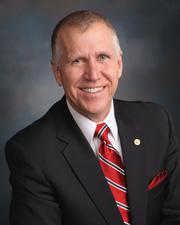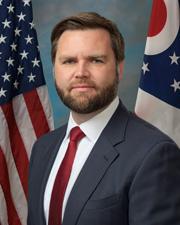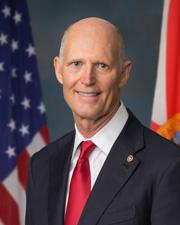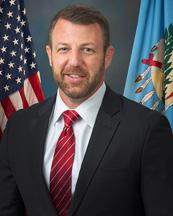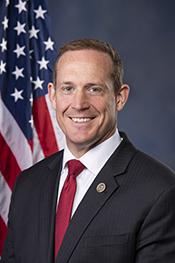0
0
0
Constitutional Election Integrity Act
2/1/2024, 9:15 PM
Summary of Bill S 3588
Bill 118 s 3588, also known as the Constitutional Election Integrity Act, is a piece of legislation currently being considered by the US Congress. The main goal of this bill is to ensure the integrity of elections in the United States by implementing various measures to prevent fraud and ensure that every vote is counted accurately.
Some key provisions of the Constitutional Election Integrity Act include requiring voters to provide identification at the polls, implementing stricter guidelines for absentee voting, and increasing penalties for individuals found guilty of election fraud. The bill also aims to improve the security of voting machines and ensure that all ballots are properly counted and verified.
Supporters of the bill argue that these measures are necessary to protect the democratic process and ensure that elections are fair and free from manipulation. They believe that implementing these safeguards will increase voter confidence in the electoral system and help to prevent any potential instances of fraud. Opponents of the bill, however, argue that some of the provisions may disenfranchise certain groups of voters, such as low-income individuals or minorities, who may have difficulty obtaining the required identification. They also raise concerns about the potential for increased government surveillance and intrusion into the voting process. Overall, the Constitutional Election Integrity Act is a controversial piece of legislation that has sparked debate among lawmakers and the public. It remains to be seen whether the bill will ultimately be passed into law and what impact it may have on future elections in the United States.
Some key provisions of the Constitutional Election Integrity Act include requiring voters to provide identification at the polls, implementing stricter guidelines for absentee voting, and increasing penalties for individuals found guilty of election fraud. The bill also aims to improve the security of voting machines and ensure that all ballots are properly counted and verified.
Supporters of the bill argue that these measures are necessary to protect the democratic process and ensure that elections are fair and free from manipulation. They believe that implementing these safeguards will increase voter confidence in the electoral system and help to prevent any potential instances of fraud. Opponents of the bill, however, argue that some of the provisions may disenfranchise certain groups of voters, such as low-income individuals or minorities, who may have difficulty obtaining the required identification. They also raise concerns about the potential for increased government surveillance and intrusion into the voting process. Overall, the Constitutional Election Integrity Act is a controversial piece of legislation that has sparked debate among lawmakers and the public. It remains to be seen whether the bill will ultimately be passed into law and what impact it may have on future elections in the United States.
Read the Full Bill
Current Status of Bill S 3588
Bill S 3588 is currently in the status of Bill Introduced since January 11, 2024. Bill S 3588 was introduced during Congress 118 and was introduced to the Senate on January 11, 2024. Bill S 3588's most recent activity was Read twice and referred to the Committee on Rules and Administration. as of January 11, 2024
Bipartisan Support of Bill S 3588
Total Number of Sponsors
1Democrat Sponsors
0Republican Sponsors
1Unaffiliated Sponsors
0Total Number of Cosponsors
10Democrat Cosponsors
0Republican Cosponsors
10Unaffiliated Cosponsors
0Policy Area and Potential Impact of Bill S 3588
Primary Policy Focus
Government Operations and PoliticsAlternate Title(s) of Bill S 3588
Constitutional Election Integrity Act
Constitutional Election Integrity Act
A bill to amend the Help America Vote Act of 2002 to prohibit Federal funds for election administration for States misusing the Fourteenth Amendment for political purposes, and for other purposes.
Comments
Sponsors and Cosponsors of S 3588
Latest Bills
ESTUARIES Act
Bill HR 3962December 13, 2025
Federal Maritime Commission Reauthorization Act of 2025
Bill HR 4183December 13, 2025
National Defense Authorization Act for Fiscal Year 2026
Bill S 1071December 13, 2025
Enduring Justice for Victims of Trafficking Act
Bill S 2584December 13, 2025
Technical Corrections to the Northwestern New Mexico Rural Water Projects Act, Taos Pueblo Indian Water Rights Settlement Act, and Aamodt Litigation Settlement Act
Bill S 640December 13, 2025
Incentivizing New Ventures and Economic Strength Through Capital Formation Act of 2025
Bill HR 3383December 13, 2025
BOWOW Act of 2025
Bill HR 4638December 13, 2025
Northern Mariana Islands Small Business Access Act
Bill HR 3496December 13, 2025
Wildfire Risk Evaluation Act
Bill HR 3924December 13, 2025
Energy Choice Act
Bill HR 3699December 13, 2025
